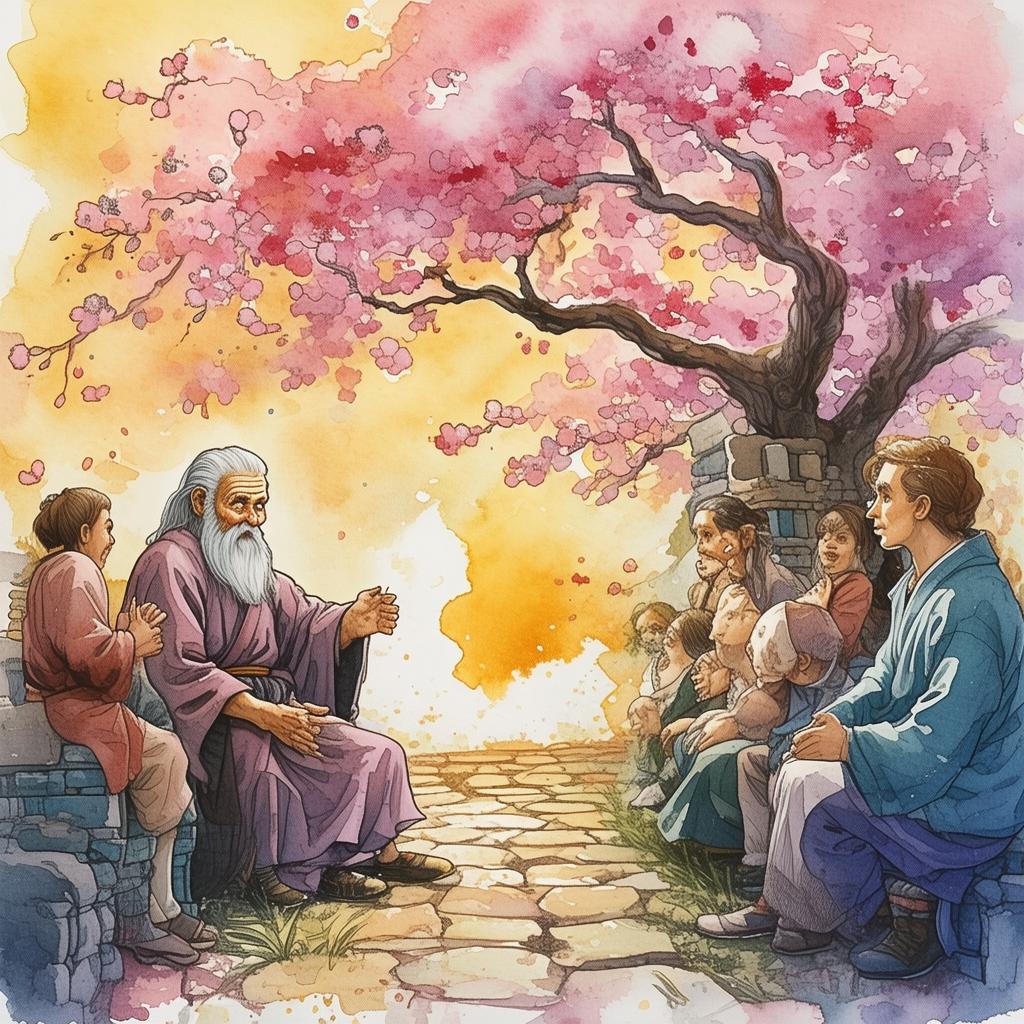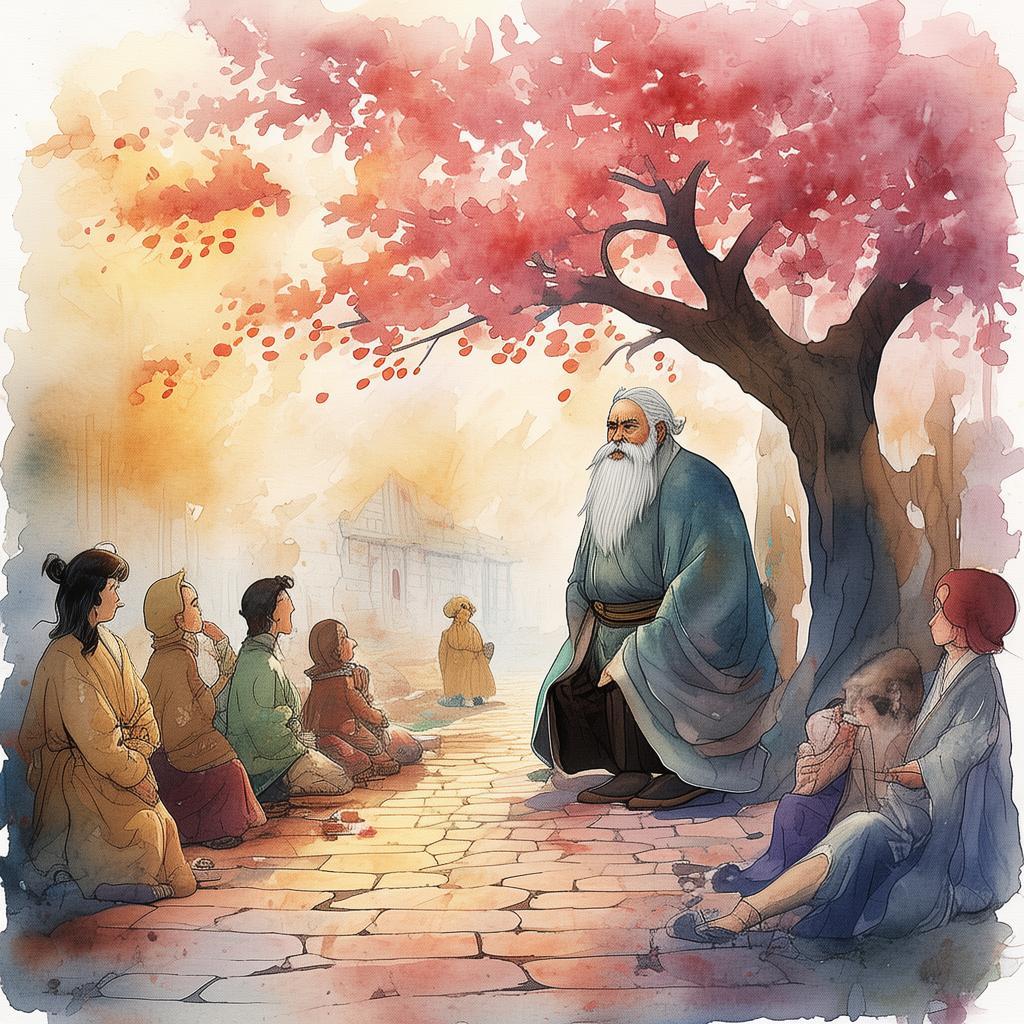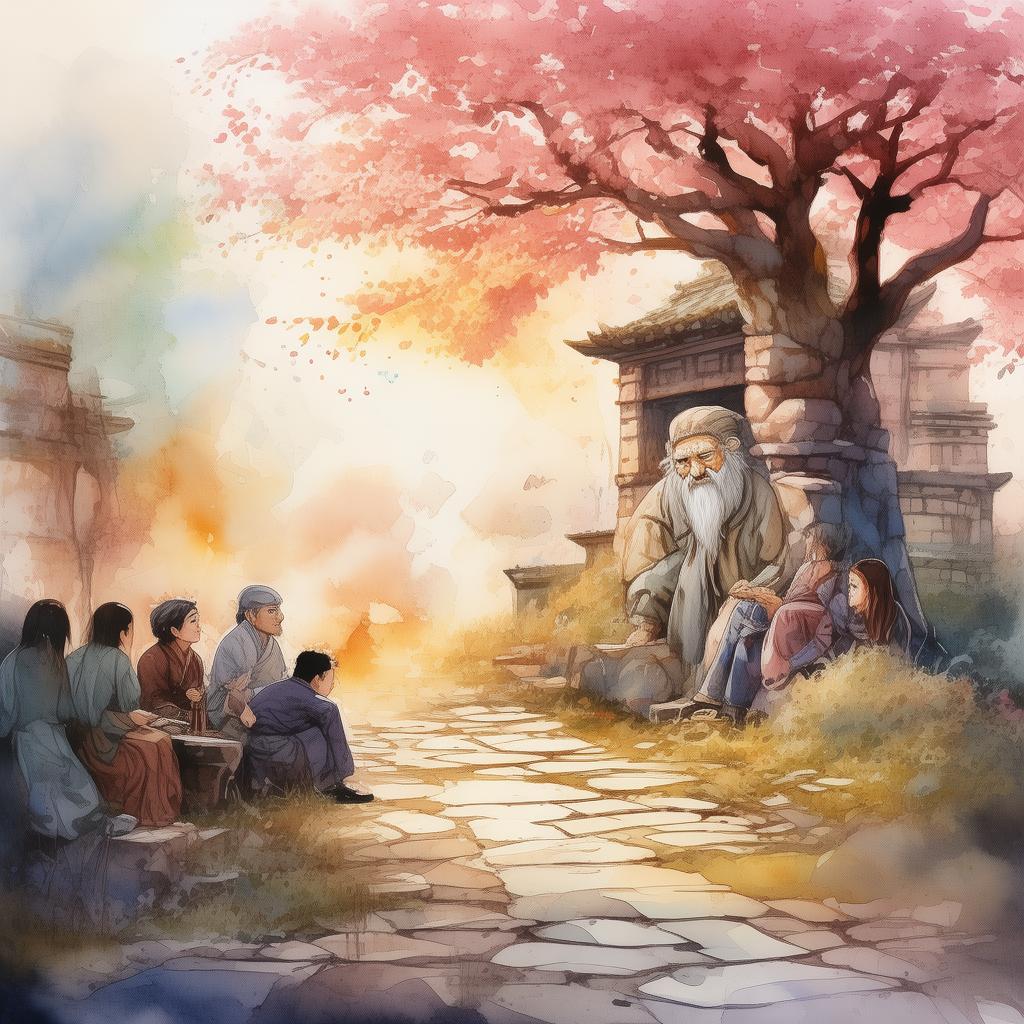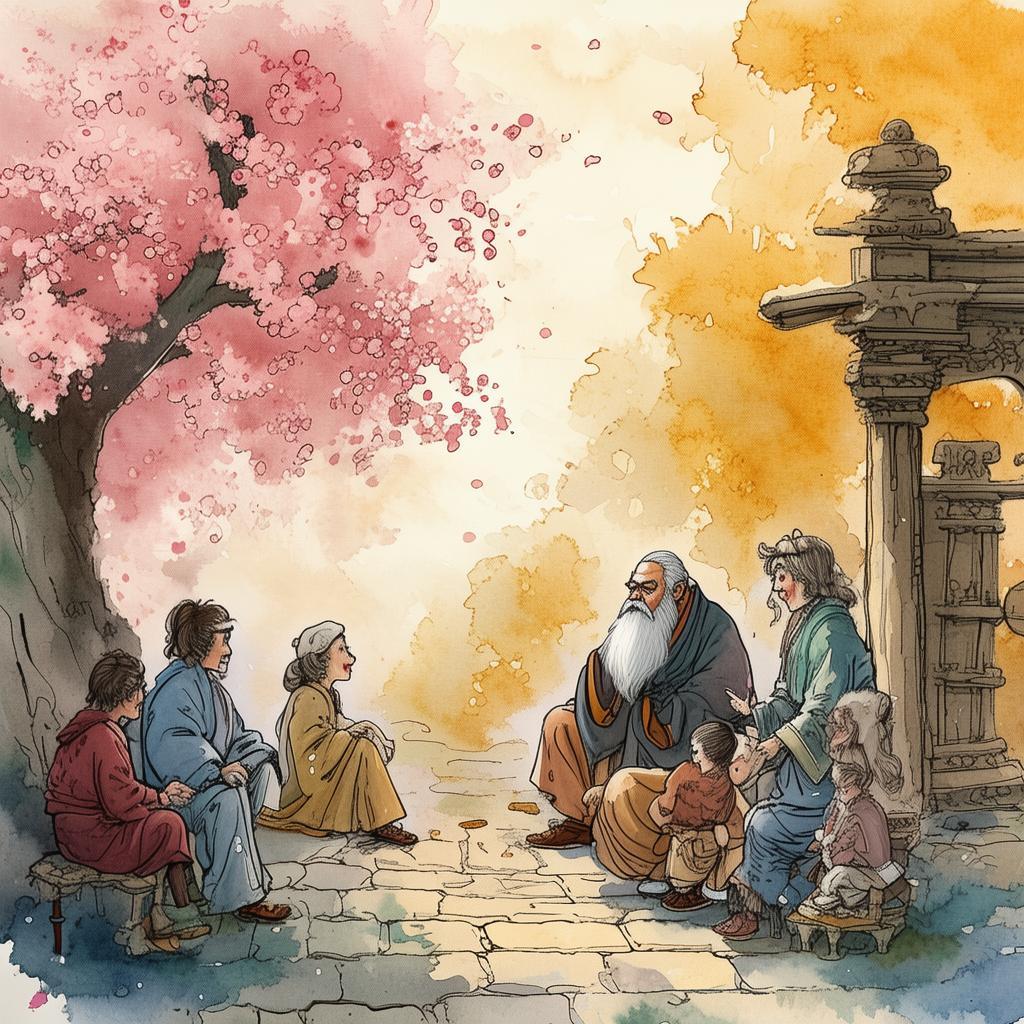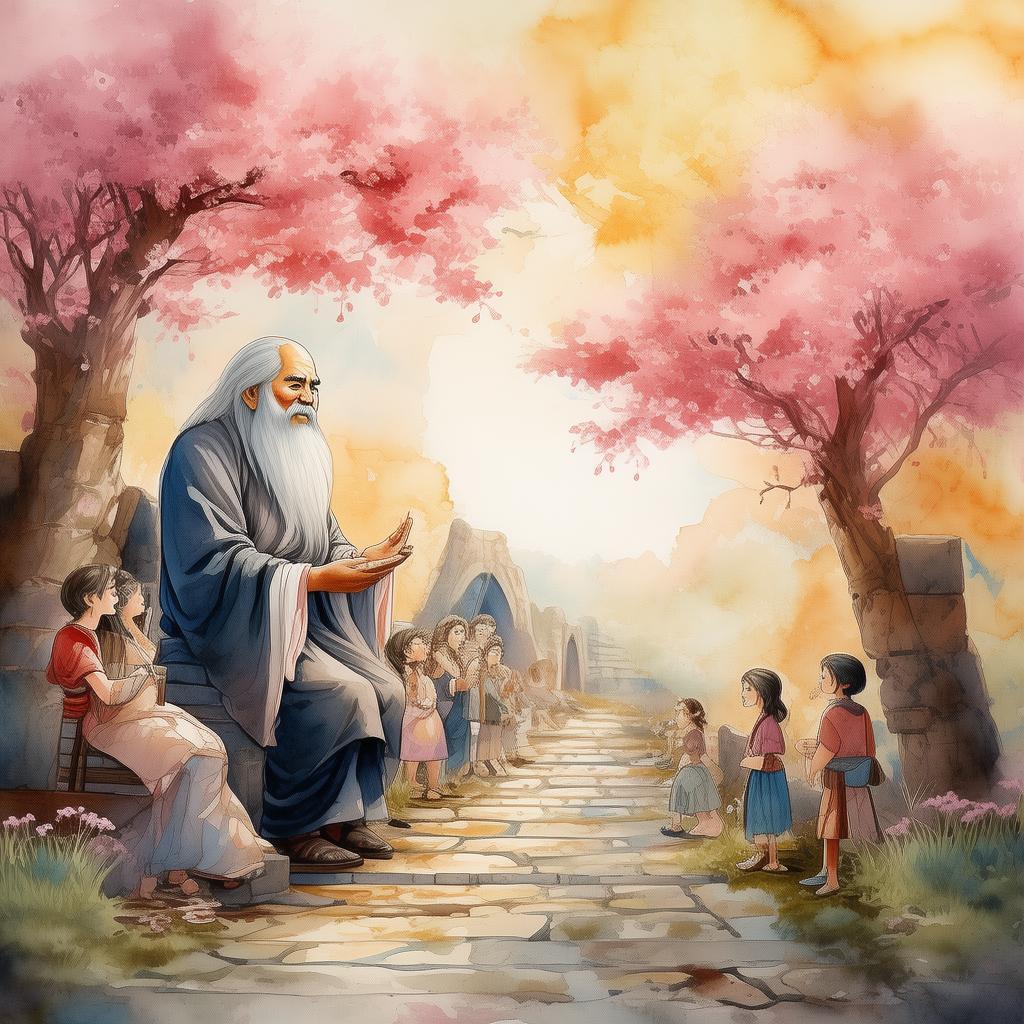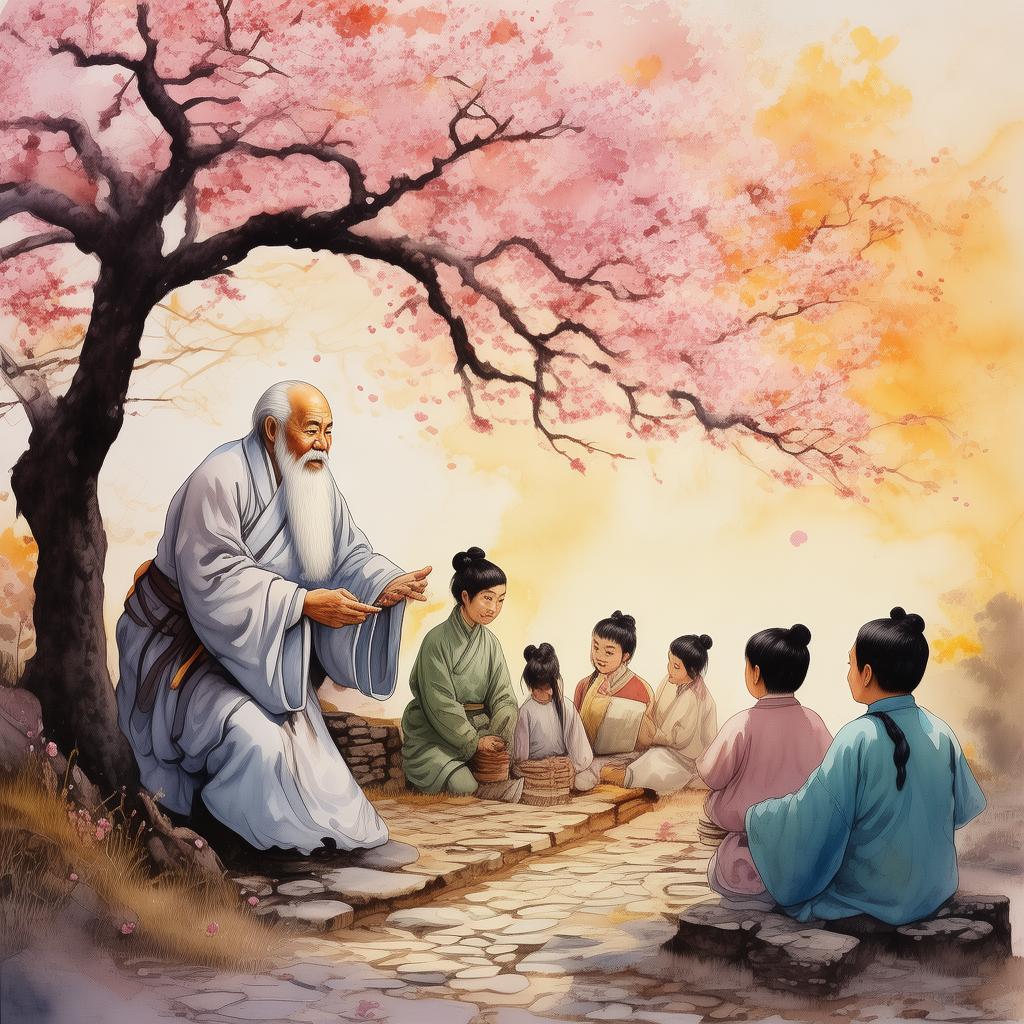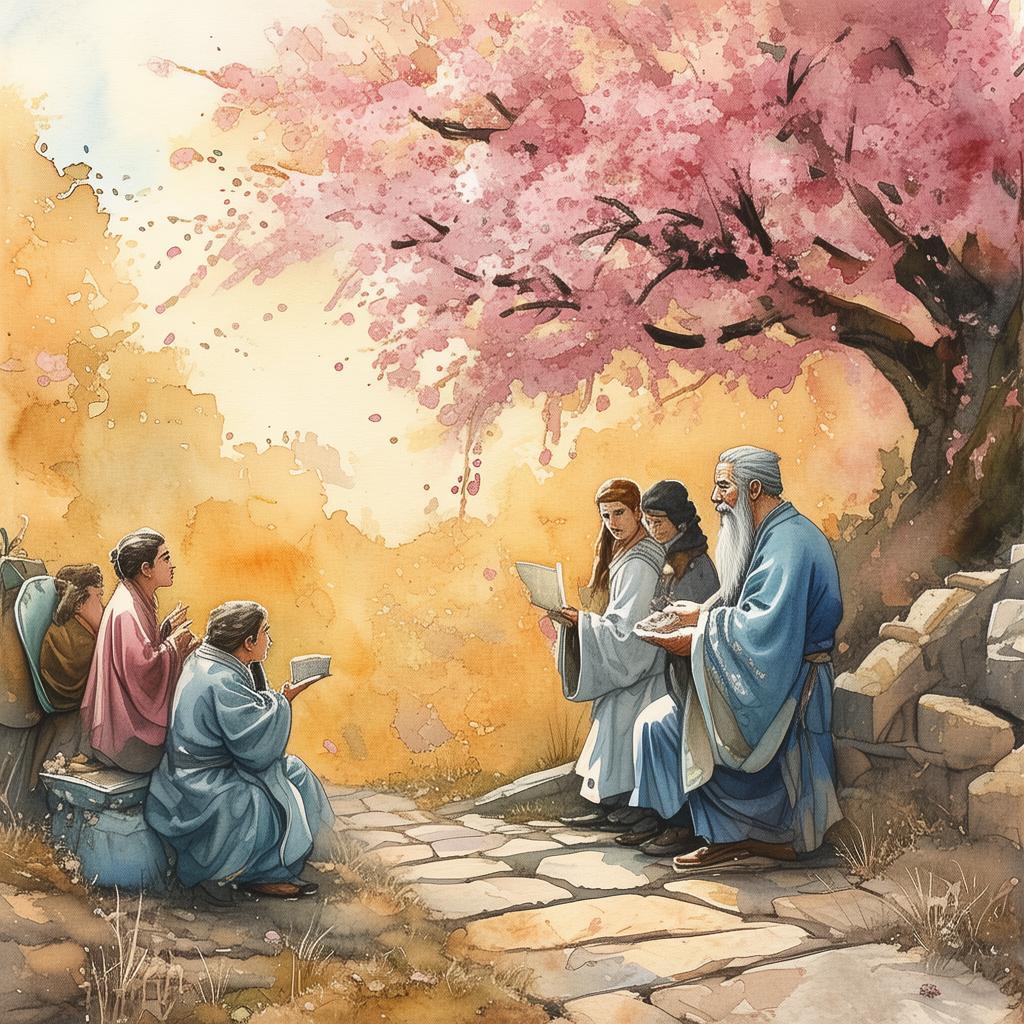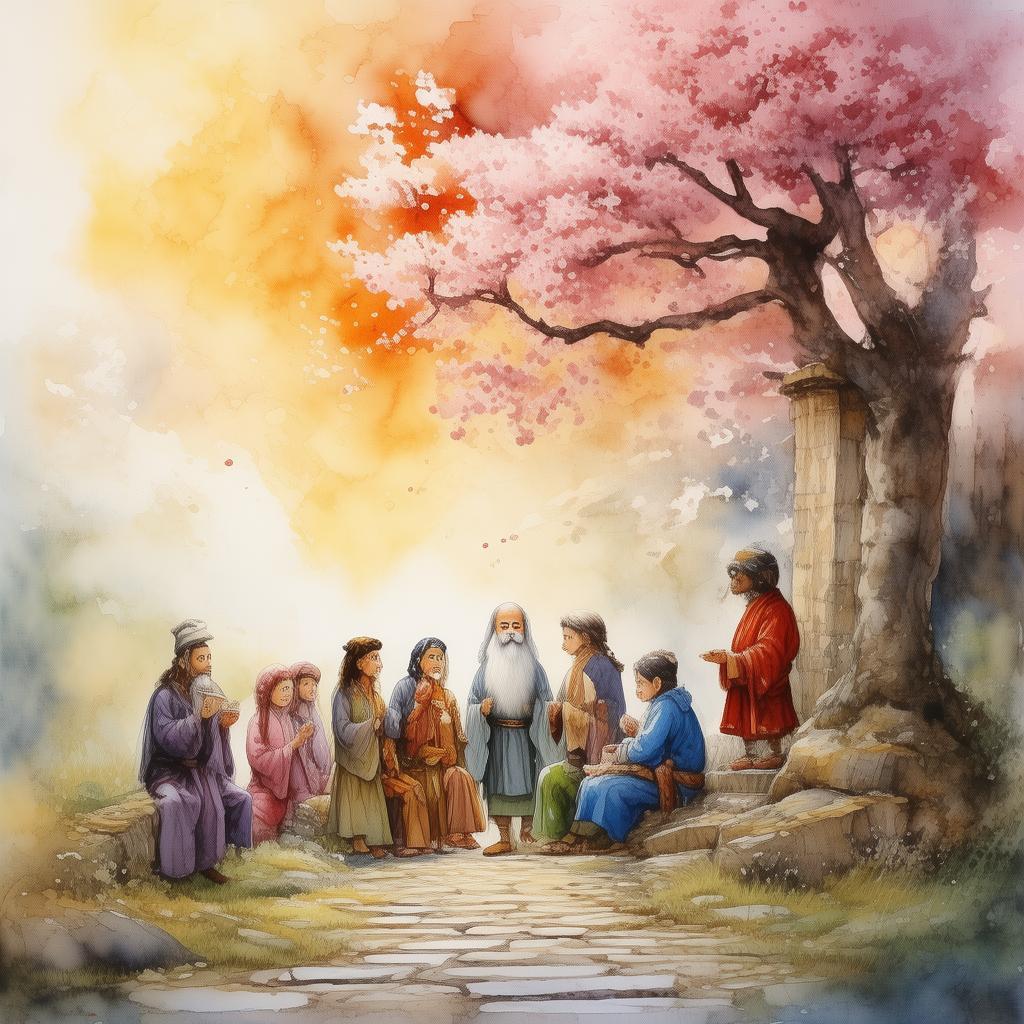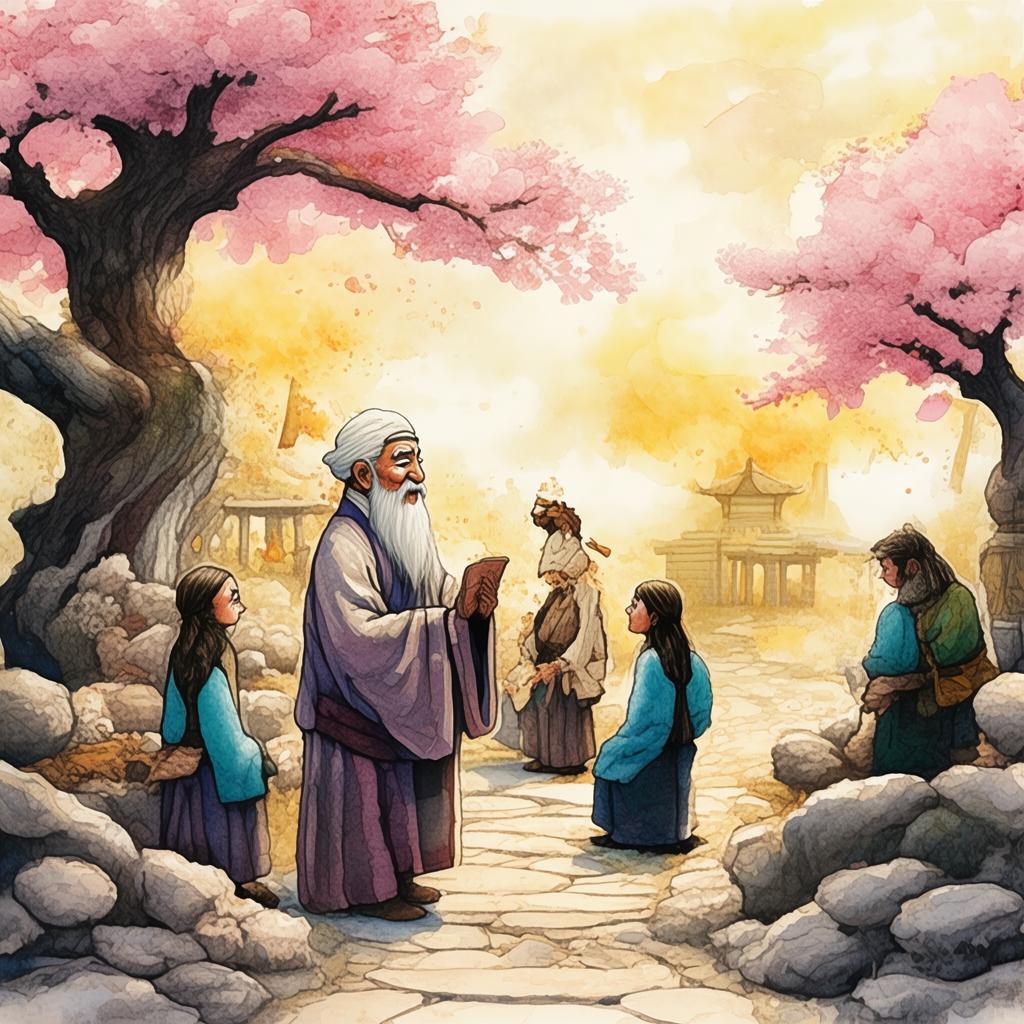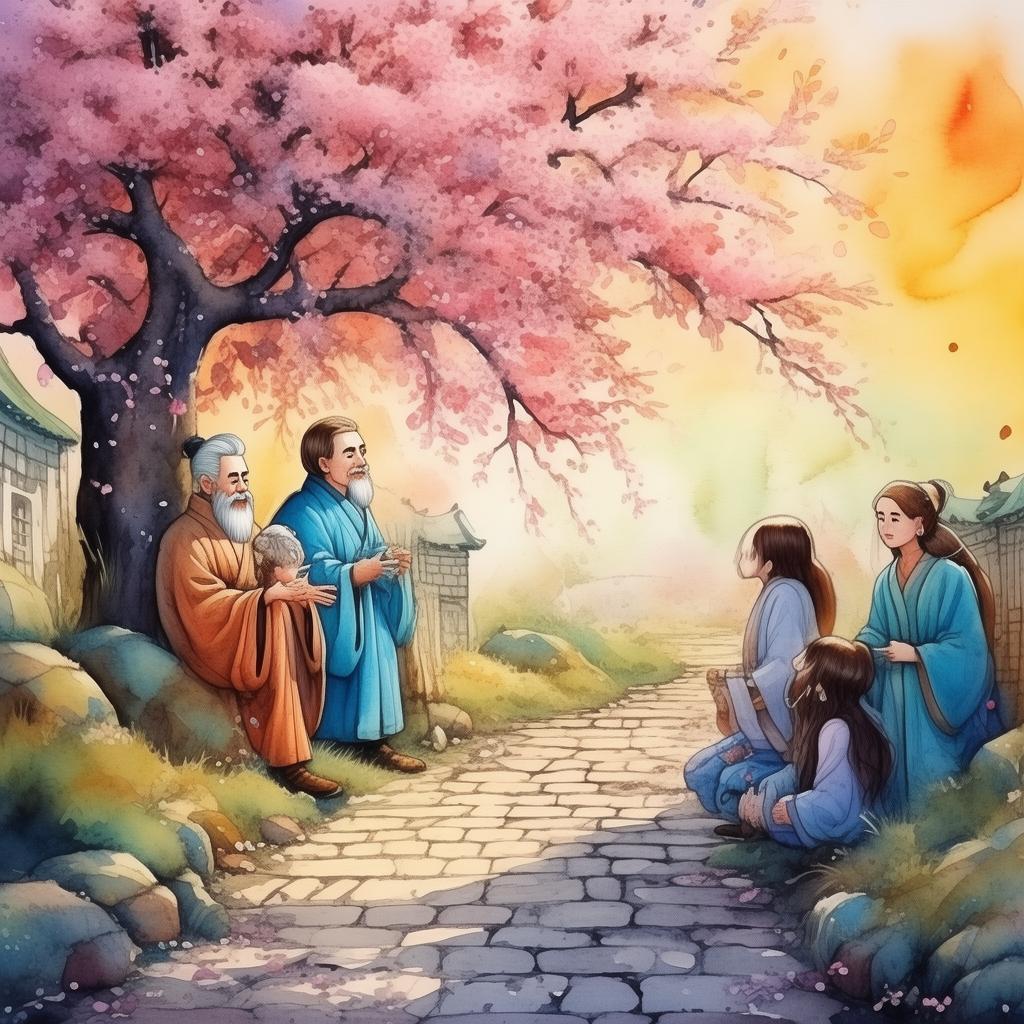The Art of the Unseen Hand: The Parable of the Chess Master
In the heart of an ancient city, where the whispers of history danced in the cobblestone streets, there lived a young chess master named Li. His name, known far and wide, was synonymous with brilliance on the chessboard. But for Li, the pursuit of mastery went far beyond the boundaries of the game itself.
It was during a rare moment of solitude, as the sun dipped below the horizon, casting long shadows upon the city's ancient walls, that Li found himself reflecting on the nature of his craft. He had won many games, defeated many masters, and yet, he felt a void within him. It was as if he were playing a game of chess against an unseen hand, a hand that always seemed to one step ahead of him.
One evening, as the moon began its ascent, a wise old man approached Li, his eyes twinkling with the wisdom of many years. "You seek the unseen hand," the old man said, his voice soft yet carrying a weight of ancient truths. "You must journey beyond the mere mastery of the board to understand the true nature of power."
Li, intrigued and a little wary, asked, "How might I do that, wise one?"
The old man smiled, his gaze piercing through the layers of Li's ambition. "The unseen hand is not a force of nature but a reflection of the mind's cultivation. It is the power to influence and shape the outcome of any situation, whether on the chessboard or in life itself."
Li, determined to uncover this power, set out on a journey. His first stop was a secluded temple at the edge of the city, where he spent days in meditation, seeking to understand the nature of the mind. He learned that the mind, like a chessboard, was a vast landscape of possibilities, each move a step toward understanding the unseen hand.
As he meditated, a voice echoed within him, "The unseen hand is not a force to be feared, but a force to be cultivated. It is the art of understanding the patterns and seeing beyond the obvious."
Li's next stop was a school of philosophy, where he learned from the greatest minds of the land. He read ancient texts and engaged in spirited debates, seeking to understand the nature of power and its cultivation. Through these studies, he began to see the unseen hand in the words and actions of others.
One day, a challenge came his way. A rival chess master, known for his cunning and deceit, dared Li to a game, stating that he could not be defeated by one who had yet to understand the unseen hand. Li, with a heart filled with determination, accepted the challenge.
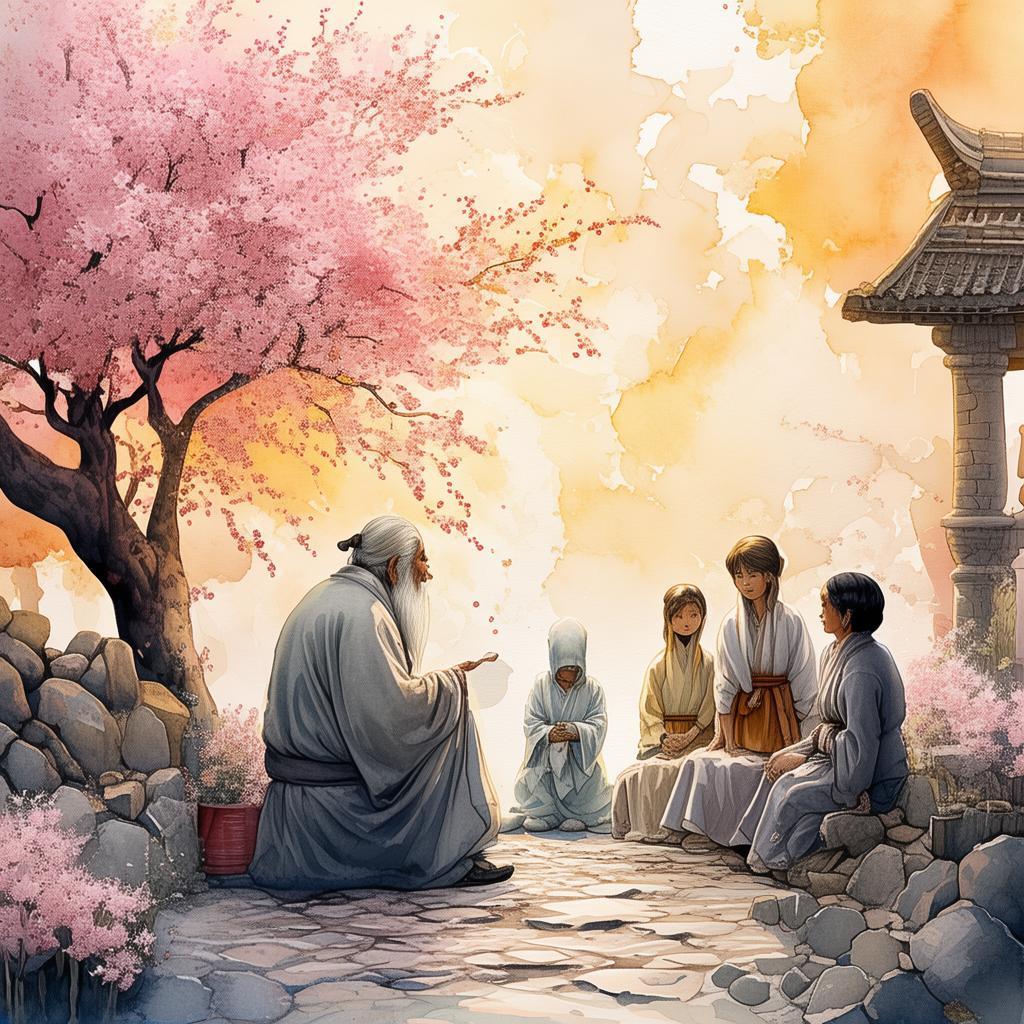
The game was intense. Li and his rival sat across from each other, their minds racing as the pieces moved across the board. Each move was a dance of strategy, each counter a bid for control. Yet, as the game progressed, Li felt the unseen hand within him guiding his every move.
In a dramatic turn of events, Li's rival, cornered and desperate, made a seemingly clever move. But Li saw through it, understanding the underlying vulnerability. With a swift and decisive move, Li checkmated his rival, winning the game with a move that was not only brilliant but also deeply insightful.
As the pieces settled, the crowd erupted into cheers. Li stood up, his heart filled with a profound sense of accomplishment. The unseen hand was no longer a mystery but a reality, a power within him that he had cultivated and harnessed.
The old man, who had been watching the game from the shadows, approached Li once more. "You have done well, young master," he said, his voice filled with pride. "You have not only mastered the game of chess but also the unseen hand of the mind."
Li, humbled by the wisdom of the old man, realized that the true power lay not in the material victories of the chessboard but in the cultivation of the mind. The unseen hand was a metaphor for the power to influence and shape the world, a power that could only be achieved through the relentless pursuit of self-improvement and understanding.
With the knowledge of the unseen hand in his heart, Li returned to his city, not as a chess master but as a cultivator of the mind. His name was no longer just known for his prowess on the chessboard but for his journey of self-discovery and the wisdom he shared with all who sought to understand the true nature of power.
✨ Original Statement ✨
All articles published on this website (including but not limited to text, images, videos, and other content) are original or authorized for reposting and are protected by relevant laws. Without the explicit written permission of this website, no individual or organization may copy, modify, repost, or use the content for commercial purposes.
If you need to quote or cooperate, please contact this site for authorization. We reserve the right to pursue legal responsibility for any unauthorized use.
Hereby declared.
